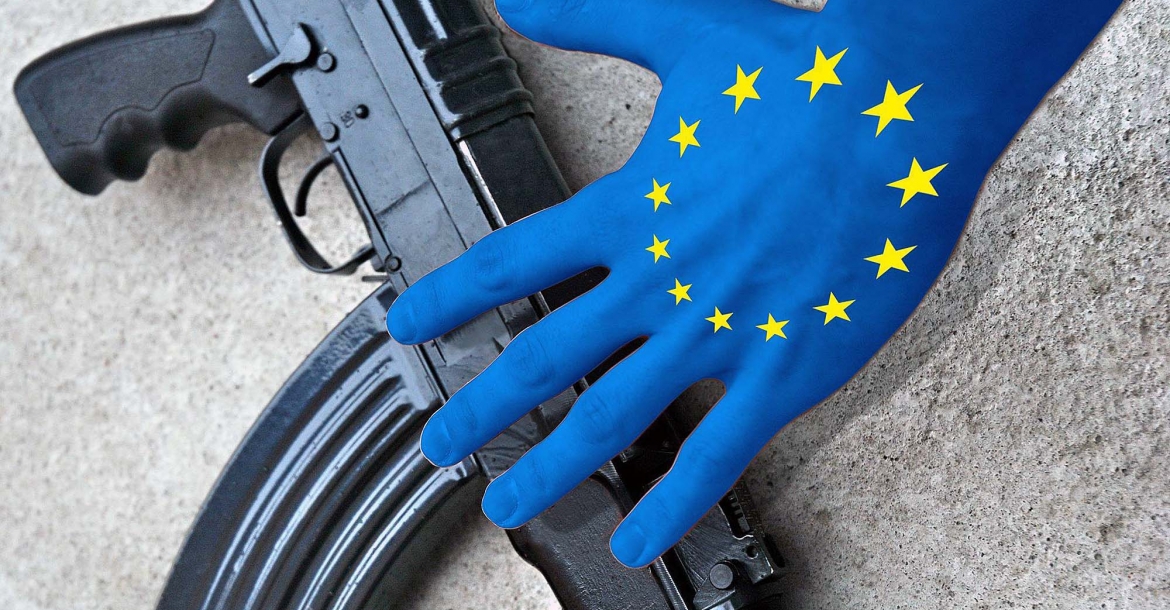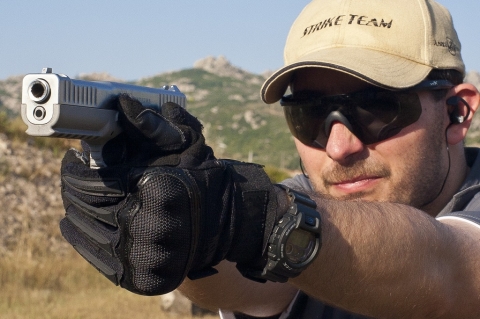Trilogue ends on the EU Gun Ban
A press release of the European Commission announced the end of the trilogue concerning the amendment proposal to the European firearms directive – now infamously known as the "EU Gun Ban"
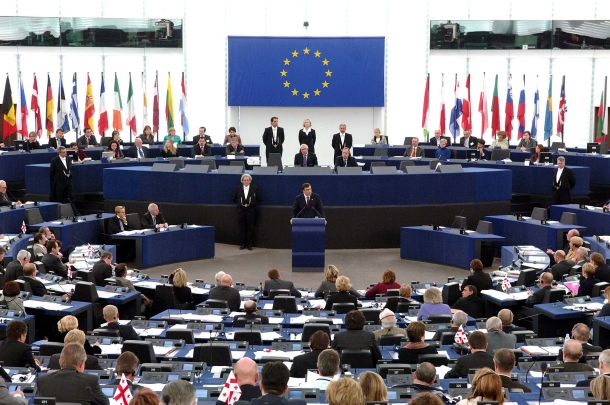
The final outcome of the dossier will be decided at the European Parliament in February and March
With a press release launched yesterday, December 20th, the European Commission announced the conclusion of the trilogue concerning the amendment proposals to the European firearms directive – a dossier now infamously known, and aptly so, as the EU Gun Ban.
First introduced by the European Commission in November 2015, after the bloody terror attacks in Paris, the dossier originally included draconian restrictions aimed at law-abiding, legal gun owners, which included a full ban on high capacity fixed or detachable magazines for all firearms, a total ban on private ownership of modern hunting and sporting guns aesthetically and only partially technically patterned after modern military firearms, and many more.
To the Members of the European Parliament called to evaluate the dossier, however, said restrictions immediately appeared for what they were: excessive, unnecessary and unworkable. Over twelve months after the first introduction of the dossier, things have been worked out to reach what the European Commission today calls "a provisional political agreement".
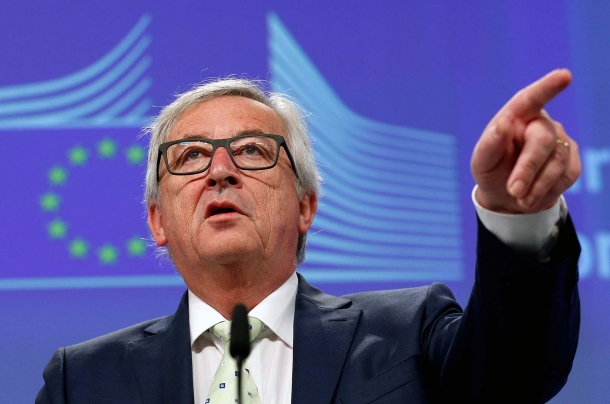
Despite their strong pressures, the European Commission was unable to obtain what they asked for
The restrictive proposals of the European Commission were immediately opposed by the European gun owners, collectors, gun enthusiasts, hunters and shooters' communities as a whole; the opposition was spearheaded by the relatively young Firearms United network – which the European Commission today addresses as an "aggressive gun lobby".
While the consolidated text of the trilogue outcomes is unlikely to be made available before the end of the year – the projected date is half to late January – it is likely to be along the lines to what was announced back on November 20th: no full ban on modern sporting firearms patterned after military firearms, but "merely" a prohibition to sell new demilitarized firearms (government-stock full-automatic firearms converted to semi-automatic for commercial sales) after each Member State will have implemented it; and no full ban on high-capacity magazines, but a restriction on their sale and use, which would exempt "sport shooters".
Click here to download the press release of the European Commission

It's now official: most Category B7 firearms are safe from the ban!
The European Commission cries victory...
...but did they actually win? No, not at all.
Despite the claims of "increasing citizens' security", the press release of the European Commission also reports some words from the President, Jean-Claude Juncker, that can't seem to hide his disappointment, no matter how hard he tries to turn a defeat into victory with words:
« We have fought hard for an ambitious deal that reduces the risk of shootings in schools, summer camps or terrorist attacks with legally held firearms. Of course we would have liked to go further, but I am confident that the current agreement represents a milestone in gun control in the EU.»
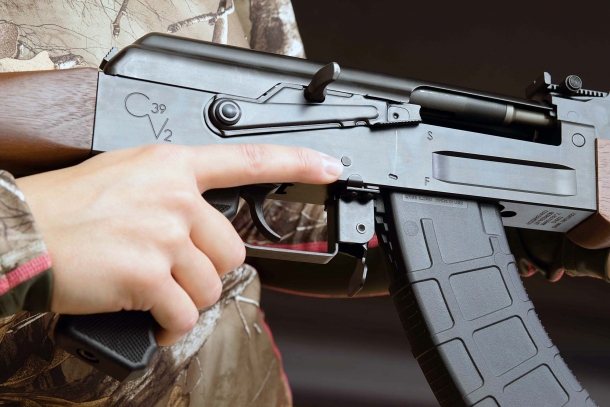
The Commission's proposal to ban all military-style firearms, or even just the AK47 and AR15 variants, was rejected
Much more important for us is the part that details the elements of the Commission's original proposal that were outright rejected by the so-called "co-deciders" of the European Union
« The Commission regrets that some parts of the original proposal were not supported by the Parliament and the Council. The Commission had proposed a greater level of ambition with a complete ban of the most dangerous semi-automatic firearms, including all semi-automatic firearms of the AK47 or AR15 families and a ban of assault weapons for private collectors. The Commission also regrets that the magazine size was not limited to 10 rounds for all semi-automatic firearms.»
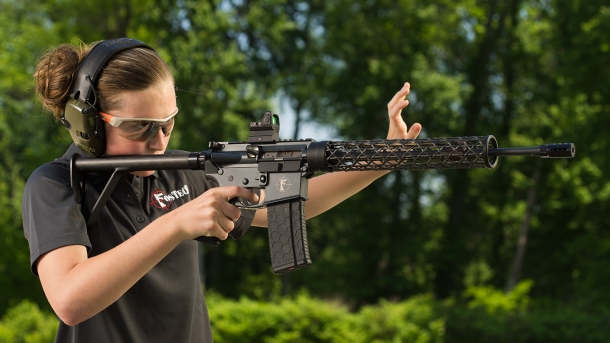
Among the remaining critical aspects is the definition of the "sport shooters" that should be exempt from the prohibition of high-capacity magazines
Since those words are as close as arrogance and pride allow the European Commission to get to a full admission of defeat, it's important to explain that what they mean is that the pressure exerted by Firearms United and by other stakeholders managed to defeat the worst measures proposed by the Commission.
And the game is not over yet: things are in the works to clear out what's left.
The "provisional political agreement" will have to be approved by the Internal Market and Consumer Protection committee (IMCO) of the European Parliament in February, and then by the European Parliament's plenary session, with the first reading slated to take place halfway through March. Members of the European Parliament will then be allowed to propose and vote for amendments that can potentially rectify some of the critical aspects still slated to be left in the text, such as the ban on full-automatic firearms converted to semi-automatic operation, the planned restrictions on the free availability and use of detachable magazines, the definition of the "sport shooters" that would be exempted from the prohibition to use "high capacity" magazines, and some more.
The battle goes on
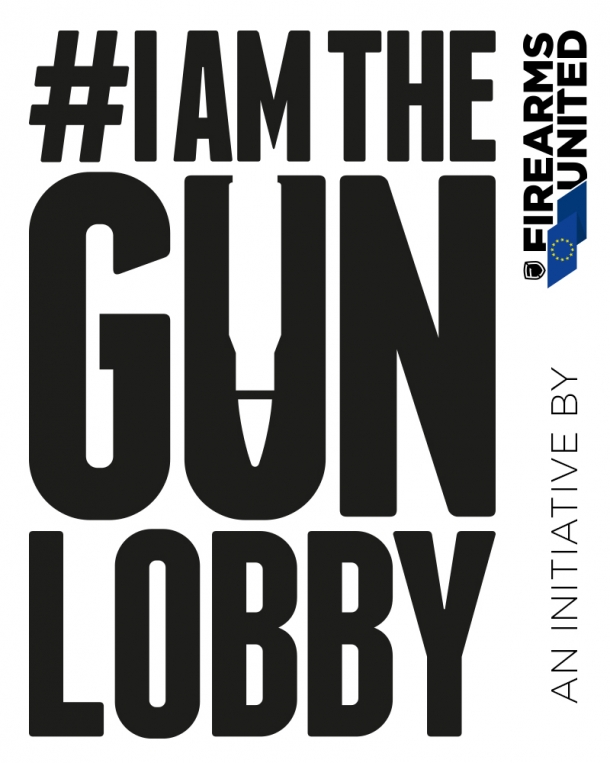
Firearms United is still working to improve the final text before it's approved
That's what the Firearms United network seems intent to focus on in the next weeks.
Recently, Tomasz W. Stępień – President and CEO of Firearms United – addressed a letter to Frans Timmermans, First Vice-President of the European Commission. Backed by the summary of the brilliant impact assessment presented by Firearms United during its conference at the European Parliament, back in November, Tomasz Stępień announced to Frans Timmermans that Firearms United is ready to work together with the European Commission and other institutions towards any effort that would make the European firearms directive a workable document that would not focus on restrictions towards law-abiding gun owners but towards tackling illegal arms traffic, in order to make Europe safer.
Only the response from the European Commission – or lack thereof – will clarify whether the European institutions are really aiming to a safer Europe or if they are just pursuing a politically-dictated predicament to disarm legal gun owners. And this is probably the latest shot at credibility that the European Commission, Council and Parliament can expect from the gun owners community.
Click here to download Tomasz Stępień's letter to Frans Timmermans
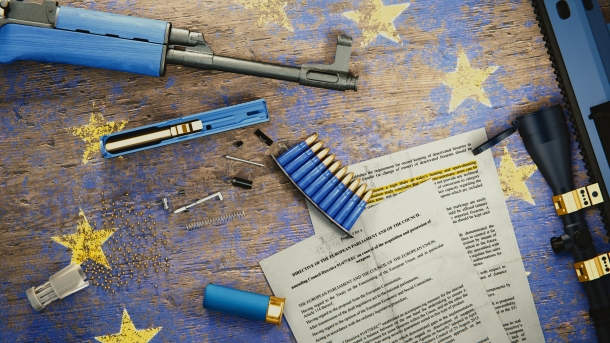
It has to be very clear: so far, the "aggressive gun lobby" was just warming up!
The end of the trilogue marks no victory and no defeat: at worst it is a tie, and paves the way for many battles to come, from the votes at the Parliament to the reception by each Member State, down to the legal proceedings that are likely to be launched to challenge a dossier that violated many European laws and regulations. The challenges to come are to be faced boldly and with determination, but also with discipline and with faith towards who already managed to obtain a lot for our rights.
More importantly, and although rage and frustration are understandable – we are still being targeted by unfair and unnecessary restrictions, after all – it's important not to vent them through personal initiatives that can be counterproductive and alienate from our community those Members of the European Parliaments whose vote will be essential to establish the final outcome of the dossier. Tomasz W. Stępień recently stressed the matter in an official statement that condemns certain E-Mails sent to members of the European Parliament and Commission, whose tones and contents seem aimed to frustrate the efforts made by Firearms United in the past months to establish proficuous contacts with the MEPs.

The battle is not over yet, and Firearms United is vowing to keep up the fight until the end!

